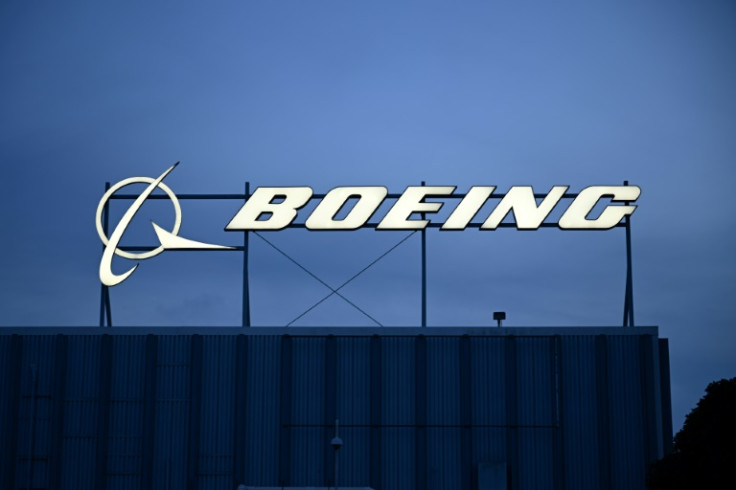Families Of Boeing 737 Max Crash Victims Seek $24.8Bn Fine, Criminal Charges

Relatives of the victims of two Boeing 737 Max crashes are urging the U.S. government to impose a $24.8 billion fine on Boeing and reinstate a criminal charge that was dropped three years ago.
According to the Associated Press, the families' attorney, Paul Cassell, argues that the significant penalty is warranted due to what he calls the "deadliest corporate crime in U.S. history." Cassell outlined these demands in a letter to the Justice Department on Wednesday.
The crashes in question claimed 346 lives. The first incident involved a Lion Air Boeing 737 Max 8 that crashed into the Java Sea in October 2018. The second crash, in March 2019, involved an Ethiopian Airlines Max 8 that crashed shortly after takeoff from Addis Ababa. According to Sky News, these accidents were linked to flaws in the flight control software, leading to a 20-month grounding of the Max fleet.
The families' push comes as the Justice Department considers whether to revive a dormant fraud charge against Boeing. The Associated Press reports that last month, prosecutors found Boeing had violated a 2021 settlement, which had protected the company from prosecution for allegedly misleading regulators during the Max's certification. This settlement, including a $2.5 billion payment, came into question after a panel blowout on an Alaska Airlines 737 Max 9 in January 2024.
Boeing CEO Dave Calhoun, who is set to leave at the end of the year, defended the company's safety practices during a Senate hearing. He denied allegations that Boeing prioritized profits over safety and apologized to the families of the victims, according to Sky News. The Justice Department has until July 7 to decide whether to proceed with the case against Boeing, reports the Associated Press.
Additionally, a whistleblower report has surfaced alleging that defective parts might have been installed in various 737 models. Sky News reports that Boeing allegedly attempted to hide these parts from Federal Aviation Administration inspectors, further complicating the company's efforts to address safety and regulatory issues.
© Copyright IBTimes 2024. All rights reserved.




















